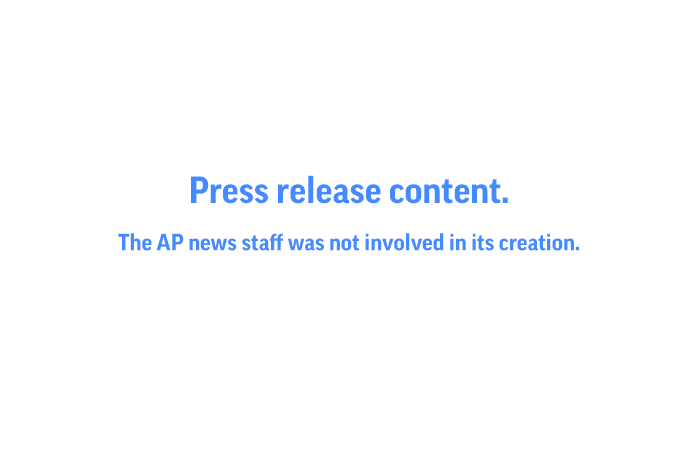Senate passes cybersecurity bill amid fears of Russian cyberattacks
The Senate unanimously passed cybersecurity legislation on Tuesday that would require companies in critical sectors to alert the government of potential hacks or ransomware.
The Strengthening American Cybersecurity Act, a package of three bills sponsored by Sen. Gary Peters Gary PetersHouse passes bill to reform Postal Service operations The Hill’s Morning Report – Biden aims at ISIS terrorists, defends NY police Biden sends DNC dollars to House, Senate committees MORE (D-Mich.), comes as U.S. officials urge the private sector to gear up for possible Russian cyberattacks in retaliation for U.S. sanctions over its invasion of Ukraine.
Gary PetersHouse passes bill to reform Postal Service operations The Hill’s Morning Report – Biden aims at ISIS terrorists, defends NY police Biden sends DNC dollars to House, Senate committees MORE (D-Mich.), comes as U.S. officials urge the private sector to gear up for possible Russian cyberattacks in retaliation for U.S. sanctions over its invasion of Ukraine.
“Cyber warfare is truly one of the dark arts specialized by Putin and his authoritarian regime. And this bill will help protect us from Putin’s attempted cyberattacks against our country,” said Senate Majority Leader Charles Schumer Chuck SchumerFive viral moments from Biden’s State of the Union Schumer goes viral for start-and-stop ovation at State of the Union Democrats press top pharmaceutical representative on price increases MORE (D-NY) following the passage of the legislation.
Chuck SchumerFive viral moments from Biden’s State of the Union Schumer goes viral for start-and-stop ovation at State of the Union Democrats press top pharmaceutical representative on price increases MORE (D-NY) following the passage of the legislation.
One of the bills would require companies to report substantial cyberattacks within 72 hours and ransomware payments within 24 hours to the Cybersecurity and Infrastructure Security Agency (CISA).
Another bill in the package would update federal cyber laws to improve coordination between federal agencies. It would also require agencies to share cyber incidents with CISA.
Last week, CISA officials urged federal agencies and the private sector to remain vigilant against Russian cyberattacks, especially following the economic sanctions imposed by the U.S. and its allies.
“Every organization—large and small—must be prepared to respond to disruptive cyber activity,” CISA officials said in an updated guidance.
In a statement on the bill’s passage, Senate Intelligence Committee Chair Mark Warner Mark Robert WarnerRussia widely expected to escalate violence in Ukraine Congress races clock on Ukraine aid amid invasion Live coverage: Russian military convoy stretching 40 miles outside Kyiv MORE (D-Va.) said “at a time when we are facing significant threats of…
Mark Robert WarnerRussia widely expected to escalate violence in Ukraine Congress races clock on Ukraine aid amid invasion Live coverage: Russian military convoy stretching 40 miles outside Kyiv MORE (D-Va.) said “at a time when we are facing significant threats of…




